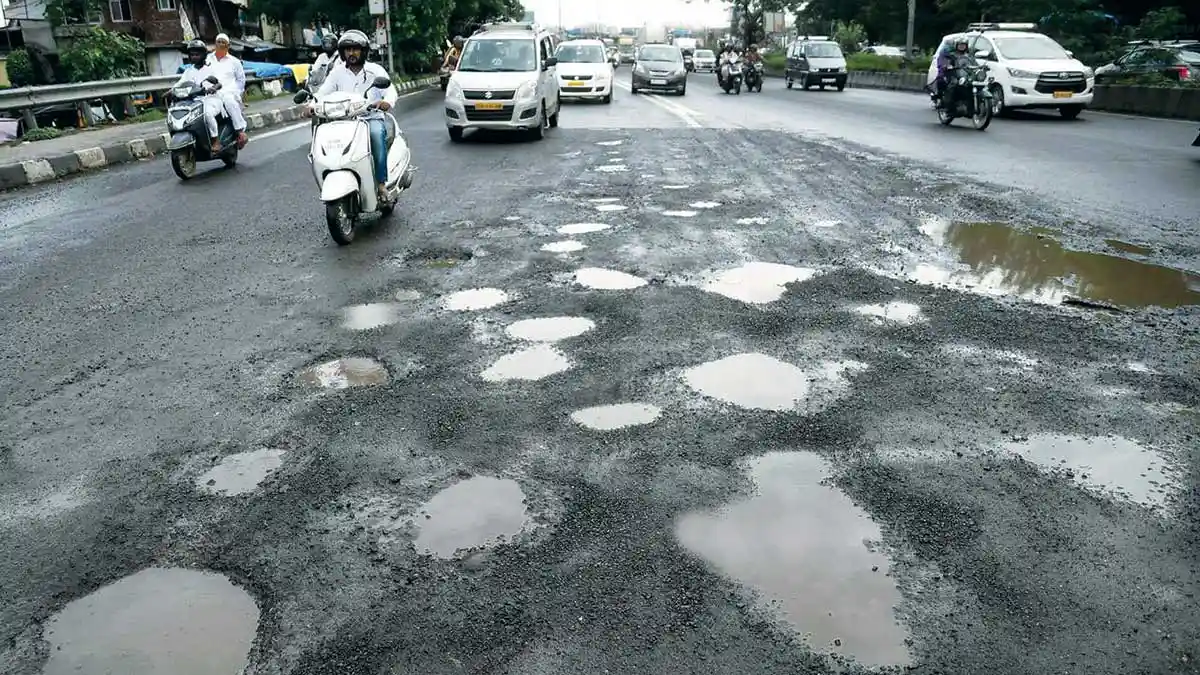Deciding whether to repair or replace a damaged road can be tricky. On the one hand, improving the road with new pavement and other materials might be a cost-effective way to keep the road in good shape. However, in some cases, rebuilding the road from scratch may make more sense. You’ll need to consider the severity of the damage, the age of the road, and the predicted lifespan of any potential repairs.
Some key considerations when making this decision include:
- Evaluating how much traffic passes over the road each day
- Looking at any potential weather damage that may have occurred over time
- What type of surface is best for your particular situation
In this blog post, we’ll walk through some of the key considerations needed to help make the best choice.
At JP Hogan Coring and Sawing Corp., we know that damaged roads can be a significant problem for any community. Whether there has been a natural disaster or an infrastructure failure, we provide concrete sawing, wire sawing, and other services to help restore roadways so that everyone can get where they need to go. Our expert team of technicians is highly skilled in using the latest cutting technology to create clean and precise cuts, no matter how challenging the conditions may be. Whether you’re looking for short-term relief or a more permanent solution, our experts have the experience and knowledge needed to ensure safe and smooth travel for all. So if you’re dealing with cracked asphalt or broken pavement, choose JP Hogan Coring and Sawing Corp. for safe and reliable concrete sawing services. Trust us to get the job done right!
Severity of Damage
When assessing the severity of damage to a road, it is important to consider several factors. For example, are there just a few cracks and potholes, or has the road itself been severely eroded, with large chunks missing? Depending on the type and extent of damage, different repair or replacement strategies may be required.
In general, if the damage to the road is relatively minor, simple repairs may suffice. For example, a few small cracks can often be patched up using specialized asphalt sealants or other quick fixes. On the other hand, if the problem is more serious and involves severe erosion or extensive structural damage, replacement may be necessary. In such cases, more extensive measures will likely need to be taken to restore the road’s surface integrity.
Ultimately, determining the appropriate response will depend on a variety of factors, including not only what has caused the damage in the first place but also how much traffic passes over that particular stretch of road on a regular basis. Given these considerations and others like them, assessing damage to roads is always an involved process requiring careful consideration and expertise. And while repairing or replacing damaged roads can involve significant time and cost commitments, in many cases, it’s well worth it for both drivers and local communities alike.
Age of Road
When it comes to maintaining your road, there are a number of different factors to consider. One important consideration is the age of the road itself. As roads get older, they become more and more brittle and prone to cracking and potholing. If you have an older road on your property, it may not be able to be repaired effectively, and in such cases, replacement is often the best option. New roads are less likely to crack or show signs of wear, making them a more reliable choice in the long run. Additionally, replacing your old road with a newer one has added financial benefits since newer roads typically require less maintenance over time. So if you want to make sure that your road lasts and stays in good condition for years to come, remember to keep its age in mind when choosing between repairs and replacement.
Predicted Lifespan of Repair
When it comes to deciding whether to repair or replace your road, the first thing you’ll need to consider is how long the repair is expected to last. Depending on the nature of the damage and the materials used in the repair, a minor crack may be able to last for several years before significant repairs are needed, while a major patch job might only last for a year or two before deteriorating. Ultimately, if you’re looking to minimize costs and get the most out of your repairs, it might make more sense to invest in a full replacement rather than trying to patch up your road for the time being. That way, you can be sure that your road will continue to meet your needs well into the future without needing costly repairs down the line. And best of all, with a brand new road in place, you can enjoy all of its benefits without having to worry about it falling apart as soon as you finish fixing it! So if you’re trying to decide whether repairing or replacing your roads is really worth it, just keep these considerations in mind. With a little research and some thoughtful planning, there’s no doubt that you’ll be able to find an option that works best for both your wallet and your road!
Professional Concrete Cutting Services
When it comes to replacing old, damaged roads or building new ones, nothing is more essential than the use of quality concrete sawing and wire cutting. At JP Hogan Coring and Sawing Corp., we have extensive experience working on both large-scale projects and small-scale jobs, using the latest high-tech equipment and technology to ensure precision, safety, and economy for every project we take on. Our team has the expertise needed to handle even the most challenging concrete cutting tasks quickly and efficiently, making us the go-to choice for contractors and businesses alike. So whether you need an entire road replaced or just some damaged cement cut out of your driveway, visit https://888jphogan.com/ – we’ll get the job done right!

